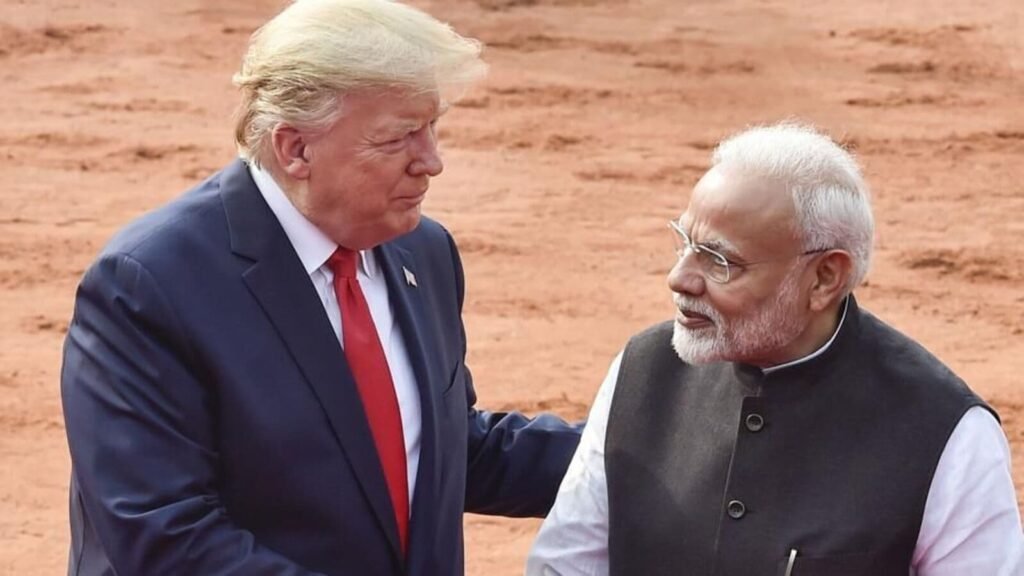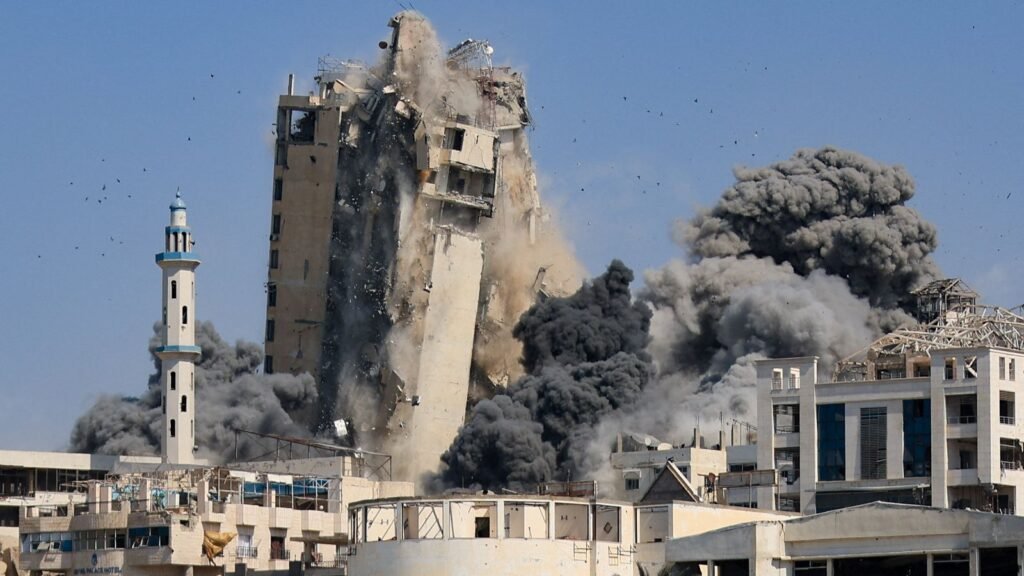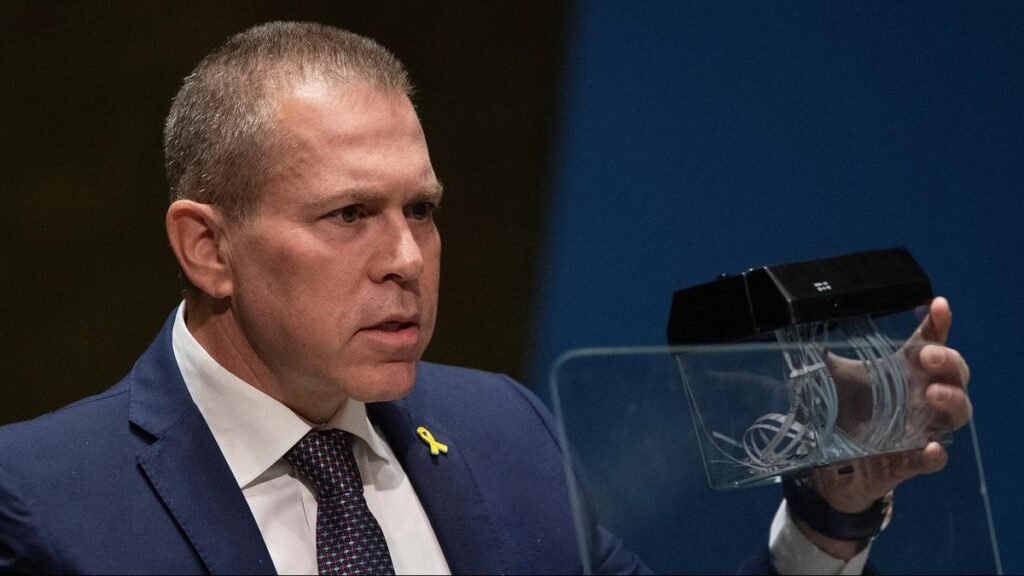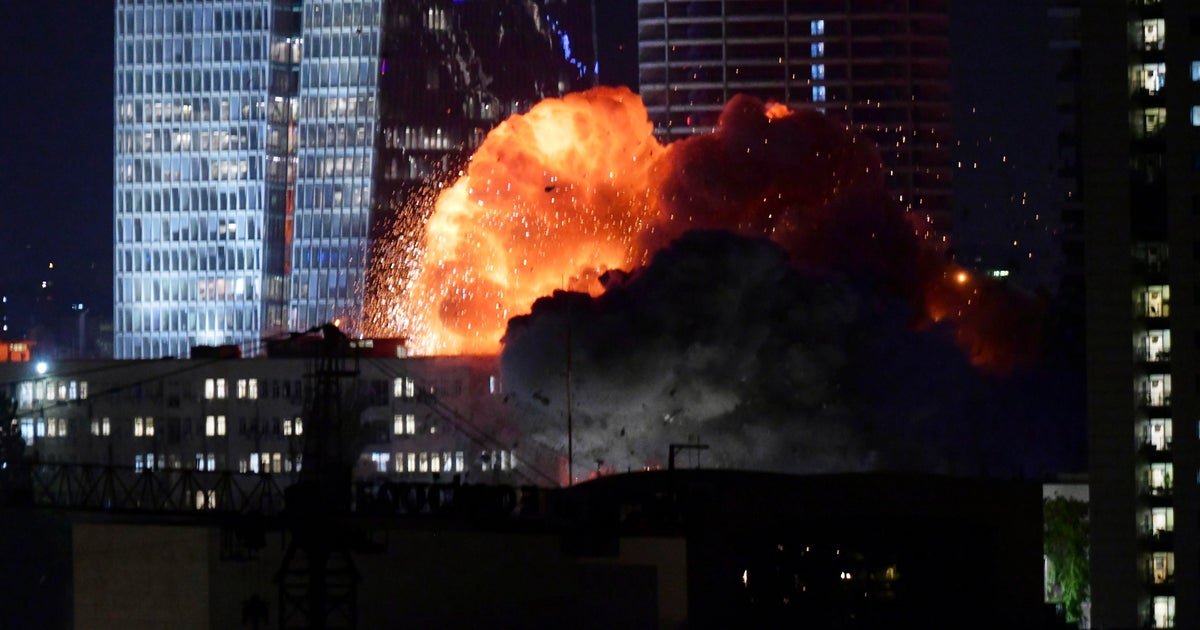Now Reading: Why Netanyahu Decided to Strike Iran Now
-
01
Why Netanyahu Decided to Strike Iran Now
Why Netanyahu Decided to Strike Iran Now

Early on Friday, Israel launched a major attack on Iranian nuclear sites and weapons facilities, and targeted many of its top military officials. In retaliation, Iran launched dozens of ballistic missiles at Tel Aviv and Jerusalem late Friday. Benjamin Netanyahu, Israel’s Prime Minister, said that the strikes would “continue for as many days as it takes to remove this threat.” In response, President Trump, who had recently said that he wanted to renegotiate a nuclear deal with Iran—during his first term, he pulled out of the original nuclear deal signed during the Obama Administration —expressed strong support for the Israeli attack, saying, “I think it’s been excellent. We gave [the Iranians] a chance and they didn’t take it. They got hit hard, very hard. . . . And there’s more to come.”
On Friday, I spoke by phone with Aluf Benn, the editor-in-chief of Haaretz. During our conversation, which has been edited for length and clarity, we discussed Netanyahu’s motives for ordering a strike, how the Prime Minister uses his understanding of Trump to pursue his own agenda, and what this attack means for the future of the region.
Why do you think this is happening right now, in June of 2025, rather than earlier or in the future?
First of all, Israel has been at war with the Iranian “axis of resistance” for almost two years now. Second, Israel, for more than twenty years, has been designing and preparing a plan to attack Iran under successive leaders. For most of that time, it was Netanyahu in charge, but military leaders have long been thinking of dismantling Iran’s nuclear facilities in the same way that Israel bombed a nuclear reactor in Iraq in 1981 and then in Syria in 2007. In both cases, those nuclear programs were seen as existential threats to Israel, and the goal was to preëmpt, delay, or destroy the main nuclear facilities.
So the idea of bombing Iran has been around for two decades. It peaked around 2012, under Netanyahu and then Defense Minister Ehud Barak, but they were stopped by the Obama Administration, which eventually signed a deal with Iran to limit its nuclear program. At that point, some of the Israeli security and intelligence chiefs were thinking that Israel should not go it alone and never attack Iran without American consent and prior knowledge. In 1981, Menachem Begin, the Prime Minister, bombed the nuclear reactor near Baghdad without telling the Americans. And that created tension between the two governments for a while. But, in 2007, Ehud Olmert told George W. Bush about a reactor that was being built in the Syrian desert at the time. It was a secret facility. We shared the intelligence with Bush, and Bush was thinking for a while of attacking with American forces. But then the Americans decided not to, and they just let Israel destroy the facility. Israel did not take responsibility for the strike for almost a decade in order not to embarrass Bashar al-Assad and force him into retaliation.
Discretion is not the case today. This attack is very visible and follows two exchanges of fire between Iran and Israel last year, in which Iran retaliated in April for the assassination of one of its generals in Damascus. They fired all kinds of drones in response. But their attack failed because Israel was protected by a coalition that included CENTCOM [the U.S. Central Command]. And then in October, once again, there were missile attacks by Iran and an Israeli attack that was successful in dismantling Iranian air defenses. This was followed by the collapse of Hezbollah in Lebanon and the Assad regime in Syria, the two main allies of Iran in our vicinity. And that paved the way and opened the corridor for an eventual attack on the nuclear facilities. But they waited for Trump to give the green light.
There had been concern among some more hawkish Israelis that Trump would not give a green light to this strike, because he wanted a deal with Iran. But what you seem to be saying is that one crucial thing that’s changed is, in fact, the timing and Trump being in office.
First of all, the operational opportunity to have an open corridor because of the suppression of Iranian air defenses in October mattered, and the Russians did not replenish Iranian stockpiles and systems afterward. And then there was the subsequent defeat of Hezbollah by the I.D.F., the decapitation of its leadership, the destruction of most of its strong ballistic-missile force, and then Assad falling. So now you can deploy a very large force to destroy targets within Iran. And it was reported recently that Israel had finished its preparations and Netanyahu was pushing for an attack on Iran. There were some different signs, like public opposition by Trump, even as recently as this week, but clearly Netanyahu told him about it in advance.
And today Trump has been very supportive.
Underneath that Presidential support, we have one thing that is crucial, and that was one of the last decisions of Trump’s first term, which was to include Israel in CENTCOM. That enabled Israel to be part of the U.S. regional air-defense and missile-defense system. So Israel is now relying not on American bombers and American soldiers on the ground but you have coördination, coöperation, intelligence sharing, et cetera.
It seems that Netanyahu has a pretty good understanding of Trump in terms of both Iran and Gaza. Trump will say he wants to make a deal with Iran. He’ll say he wants a ceasefire in Gaza, but whether it’s his attention span or his lack of actually caring about it, he is not really going to put pressure on Israel to keep it from doing what it wants to do.
In Gaza, there’s been a lot of criticism of what Israel has done. But over all, historically, America has given Israel quite a free hand vis-à-vis the Palestinians. It was always different on regional matters, where America always had the final word, even when it followed what Israel wanted. Like Trump’s decision to leave the nuclear deal in 2018—it always had the final word. And, in this case, too, Trump wanted a deal. If the Iranians had agreed to the American terms to stop uranium enrichment, they could have had a deal. Trump gave them time, and then they didn’t respond, so Israel attacked. In a similar way, Israel begged for a ceasefire with Hezbollah in the north and the now deceased leader of Hezbollah at the time was saying, “No, we are going to support our brothers in Gaza, and we’re going to keep firing at Israel and keep that second front open.” They could have been saved.
You could say that Israel could have stopped the war in Gaza, and that could have helped things regionally, too.
Definitely. But Netanyahu is still committed to the final occupation of Gaza and destruction of the Palestinians . . . of Hamas, and to eventually drive out the Palestinians from there, and follow what he calls the Trump plan: just giving the land to resorts and to Israeli settlements. This is still the official Israeli policy in Gaza.
Would Israel now suffice with the attack on Iran to let go of Gaza or, on the contrary, use the defeat of the axis of resistance to conclude the occupation of Gaza and the ethnic cleansing of Palestinians? That remains to be seen.
Reading your newspaper, it’s very clear to me that many people believe that Netanyahu is extending the war in Gaza for his own political reasons and that you can’t separate the war from Netanyahu’s personal desires. Is that the case here?
Well, first of all, with attacking Iran, there’s very strong support within Israel, at least within the Jewish society—I would say a virtual consensus. We wrote an editorial saying, “Don’t go to war,” but it’s a minority position, and it’s going to be an even smaller minority if Israel succeeds in wiping out the Iranian nuclear program and forcing Iran to capitulate in some way, or if there is an Iranian regime change. But, besides that, one of Netanyahu’s abilities throughout the war, even when he and his leadership are unpopular and still lagging behind in public-opinion surveys, has been to pursue popular policies. The policy of destruction and even partial occupation of Gaza has been very popular, to punish Hamas for what it did on October 7th. The policy of attacking Iran is extremely popular, and there’s no real opposition to that in Israel. The opposition was only the fear of alienating the United States, or the fear that such an operation is too risky to be successful.



















































